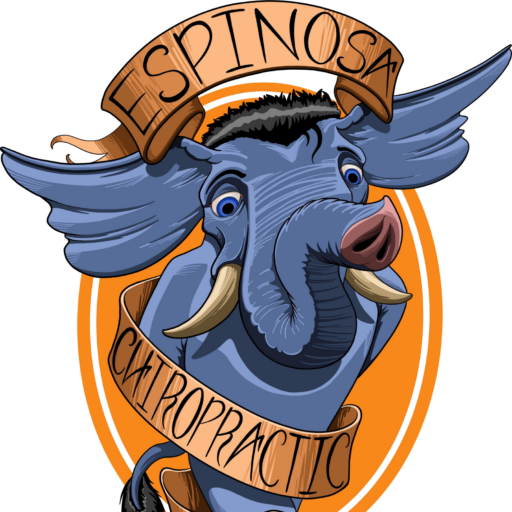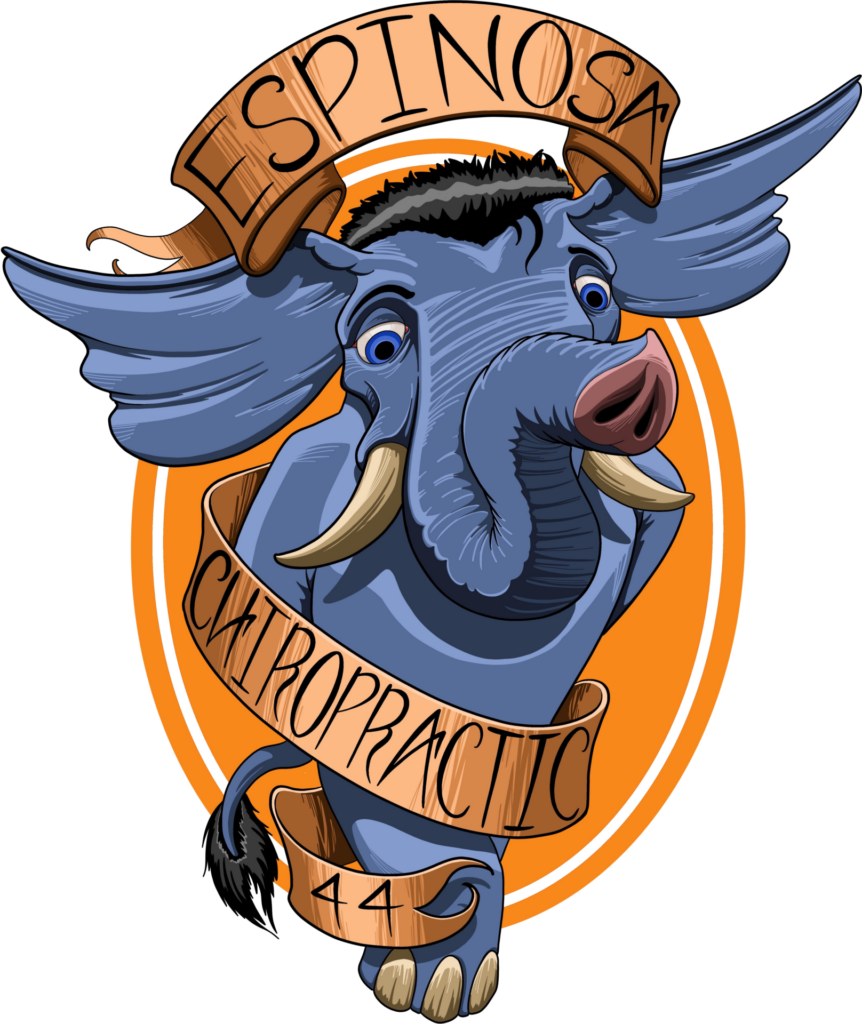Archive for August 2021
Are your Hips Contributing to Lower Back Pain?

Why does tightness in the hip flexors matter?
A less thought of factor when it comes to back health, the hip flexors can play a crucial role in the presence of back pain. When we sit for long periods of time, or pursue activities such as cycling or even jogging, the muscle complex in our hip flexors can tighten and create a pull on the front side (anterior) of the pelvis.
A microcosmic portrait of muscular imbalance with tight hip flexors and weak glutes
More commonly known as anterior pelvic tilt, this altered posture encourages your body to use the gluteus maximus less, creating a muscular imbalance that is a perfect recipe for back pain. Pain can often develop at a local level- that is, in the hip flexors themselves, because an overused muscle is prone to painful spasms, while weakness in the glutes will contribute to instability in the lower back.
What can I do about overly tight hip flexors?
We have a plan for releasing tight hip flexors, thereby making good posture easier to achieve and reversing the muscular imbalance that has occurred. We begin by releasing the muscle spasms which have accumulated in painful trigger points. We then focus on static hip flexor stretches to increase range of motion and focus on negating the anterior pelvic tilt to establish good posture as your norm. We are movement specialists and you can begin the process of releasing tight hip flexors by calling our office to schedule an appointment today!
The Challenges of Sleeping at College

Sleep is your ticket to success at college
By allowing your body to rebuild and repair, and preparing all your major internal systems for another day of activity and mental application, 8 hours of sleep is never more important than in college. But it is also the time when we see our young adults face sleep problems the first time. The struggle is to find balance and keep stress at a minimum so that you can get to sleep and stay asleep at night.
The Therapeutic Effect of Floating

Water is spinal therapy
Floating in water is the closest we can approximate to suspending gravity within the earth’s atmosphere. By immersing yourself in water, the downward force of gravity is greatly mitigated, which means that the near-constant compression of your spine is also reduced. If you are suffering from back pain, it is worth considering taking a trip to the pool in order to experience the pain relief that comes when the pressure is taken off your spinal joints and bones.
